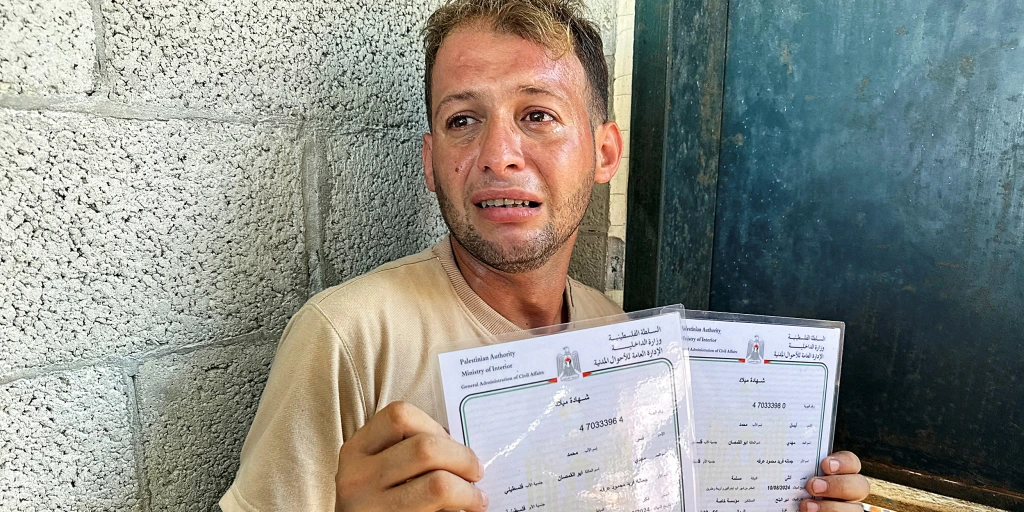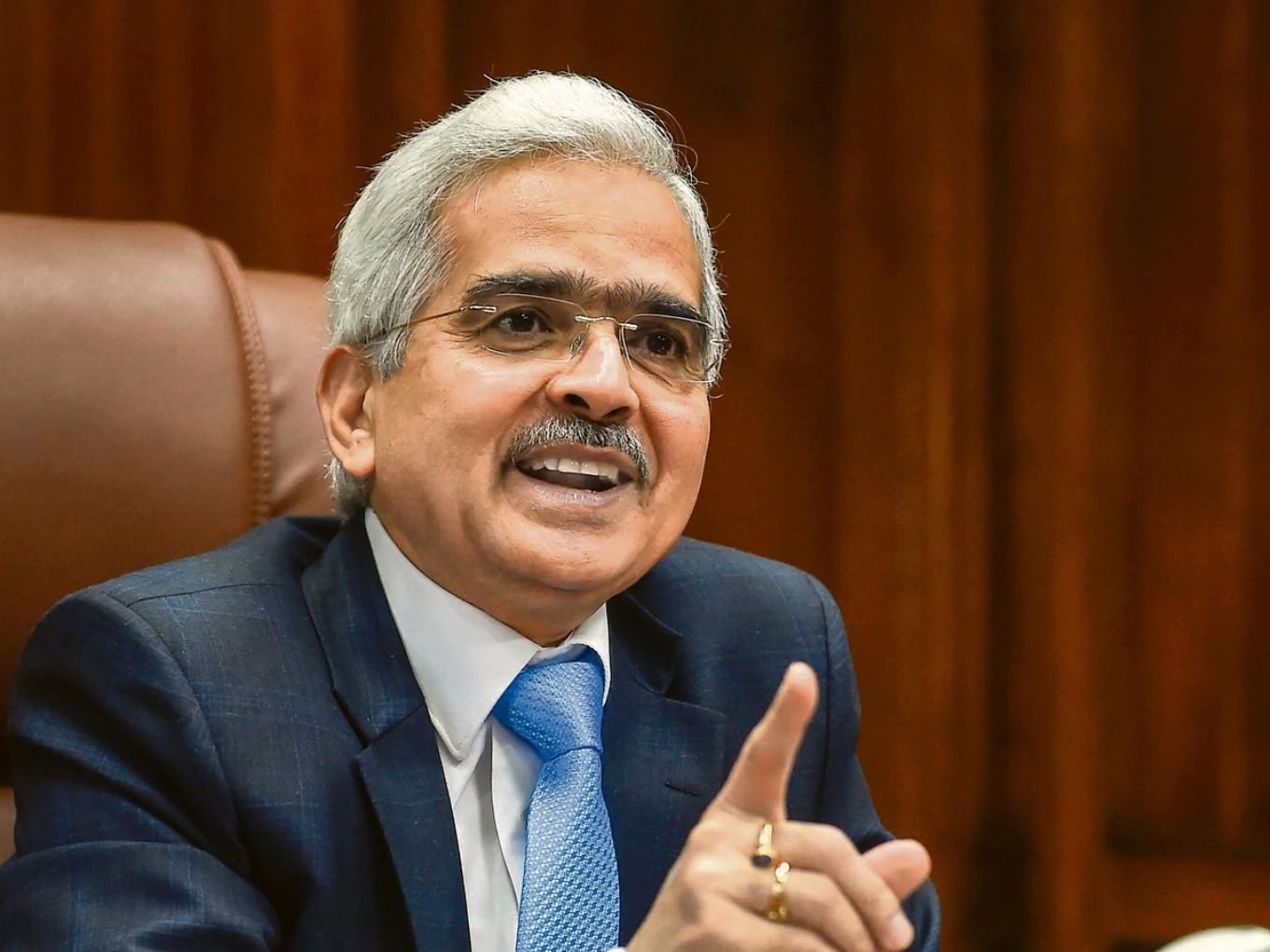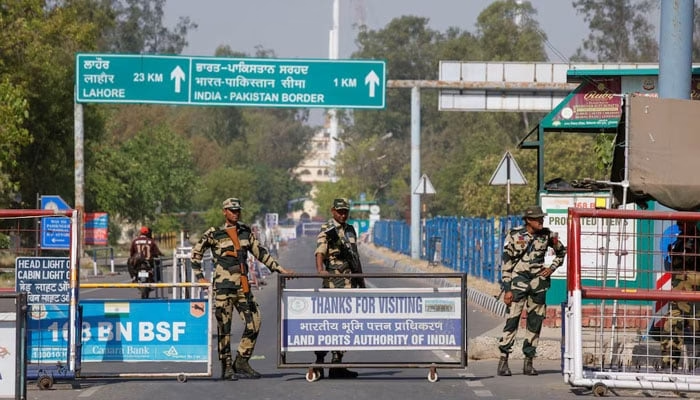Mohammed Abu al-Qumsan had just collected the birth certificates for his three-day-old twins when he received devastating news: his Gaza apartment had been bombed, killing his wife, the babies, and his mother-in-law.
Footage of Abu al-Qumsan, overwhelmed with grief as he clutches the birth certificates, has spread widely on social media, symbolizing the profound impact of the ongoing conflict in Gaza.
“I was at the hospital when the house was targeted,” he recalls, tears streaming down his face. “After the birth certificates were printed, I received a call asking where I was. I told them I was at Al-Aqsa Martyrs Hospital, and they informed me that my house had been bombed.”
Abu al-Qumsan had left his family in their fifth-floor apartment in Deir al-Balah, a central area of Gaza Strip heavily bombarded by Israeli forces. He was told that his family was in the hospital, but when he arrived, he was given the devastating news that they were in the morgue.
An Israeli military spokesperson responded to inquiries by stating that they were not aware of the specific details of the incident.
On Wednesday, with his home destroyed and his family gone, Abu al-Qumsan was found folding unused baby clothes outside a blue tent in Al-Mawasi, a coastal area designated as a humanitarian zone by Israel. He never had the chance to show his wife that their babies had been legally named Aser and Aysal.
“On the same day I got their birth certificates, I also had to submit their death certificates,” he says, showing a half-full pack of nappies. “We struggled to find these nappies for three months amid the severe shortages in Gaza.”
The Gaza war, which began with Hamas’s attack on October 7, has resulted in significant casualties, with at least 39,965 people reported dead in Gaza, according to the territory’s health ministry. The conflict has also seen substantial losses in Israel.
Abu al-Qumsan married his wife Jumana, a pharmacist, in July last year. Despite her traumatic pregnancy and the ongoing bombardments, she continued volunteering in hospitals until her seventh month.
“We lost friends, family, and people dear to us,” Abu al-Qumsan says, expressing his profound sorrow and questioning the reasons behind the attack on his family. “We were civilians with no connection to military actions. I want to know why this happened to us.”



